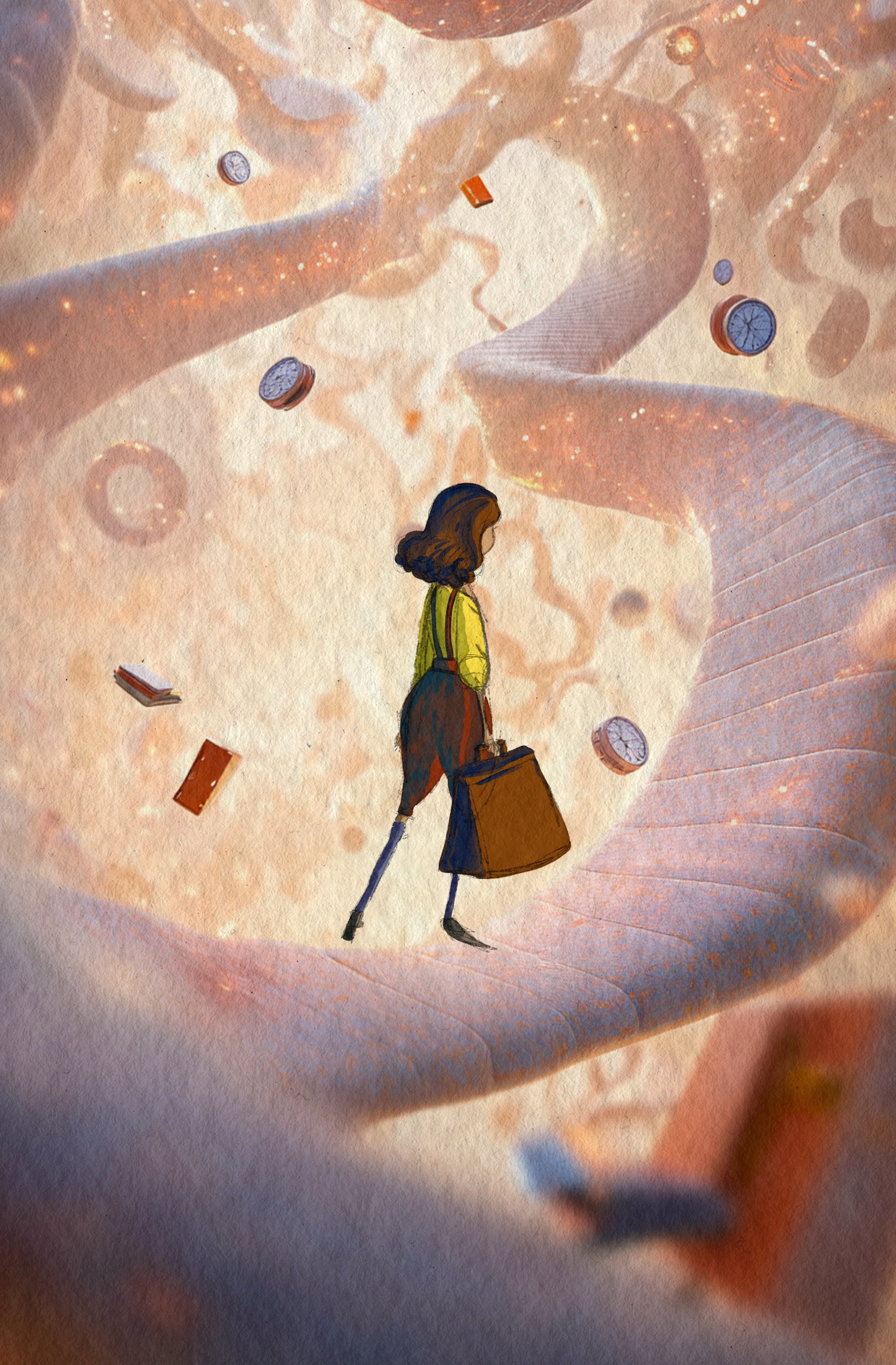Leadership Affective Influences on Followers: A Daily Diary Study
Abstract
Leadership is inherently an affective phenomenon, and there is rising interest in understanding how affective processes can help leaders mobilize followers. Organizational leaders perhaps use affective displays to motivate and guide followers for achieving organizational goals. While the theory and evidence on the effectiveness of leadership affect is growing rapidly, extant research takes a static view of these affective processes. An emerging realization is that leadership factors can fluctuate in the short term and cast unique influences on followers. Therefore, the current study adopted an atypical approach and utilized a daily diary design (five days) to understand leader-follower daily affective influences. Specifically, I test leaders' positive and negative affect moderated by their use of natural emotions and then focus on transfer to followers' perceptions of interpersonal justice, the followers' positive and negative affect, and ultimately their job satisfaction. These relationships are tested using a sample of 75 leaders and 212 followers from Pakistan using multi-level analysis across three levels (leader, follower, days). Findings provide strong support for the daily affect-transfer model. I found that leaders' positive and negative affect varies on a daily basis, and it produces distinct influences on followers' daily job satisfaction directly and through mediation paths of followers' daily affect (i.e., emotional contagion) and followers' perception of leadership daily justice (i.e., cognitive interpretations). Moreover, results also highlight the key moderating role of leaders' use of natural emotions to enhance the effectiveness of positive affect and mitigate the adverse effects of leaders' negative affect. In this presentation, I will illustrate the significance of daily fluctuations in workplace affective displays and how leaders can use these displays to guide and motivate followers.
Downloads
Metrics
Copyright (c) 2022 Muhammad Salman Rashid
Article text:

This work is licensed under a Creative Commons Attribution 4.0 International License.
Photos:
The images in Rangahau Aranga are not covered by the Creative Commons license and are subject to copyright. Permission to reproduce this material must be sought from the copyright holder concerned.






